List of important Organic Compounds
LIST OF IMPORTANT ORGANIC COMPOUNDS: Organic compounds are members of a large class of gaseous, liquid or solid compounds whose molecules contain carbon. Humans use organic molecules in a variety of ways, including in food, medicine, and fuel.
List of important Organic Compounds
Organic Compound | Uses of Organic Compound |
Methane | Black in colour, used in making motor tyres and printing ink, production of light and energy, making methyl alcohol, formaldehyde and chloroform etc. |
Butane | In its liquid state, it is used as LPG fuel. |
Ethylene | It is used in fruit ripening and fruits preservation, mustard gas, and in the form of anaesthesia, in oxy-ethylene flame. |
Acetylene | In producing light, oxy-ethylene flame, in the form of Marcelin anaesthesia, in making neoprene (artificial rubber), in artificial ripening etc. |
Polythene | It is used for producing electrical resistance in wires and cables, in making layers in the cap of the bottle in the production of non-crackable bottles, pipes, buckets etc. |
Polystyrene | Is used for the production of caps of bottles of acid, in making the body of the accumulator cells etc. |
Ethyl bromine | It is for making local anaesthesia. |
Chloroform | In surgical operation as anaesthesia, in form of a solvent of rubber, fat, lac etc, as insecticide etc. |
Methyl alcohol | In making methylated spirit, artificial colour, varnish and polish, mixing with petrol and utilised as a fuel of engines etc. |
Firmament | In making medicine of throats in making chewing tablets. |
It is used for making wine and other alcoholic drinking stuff, tincture, varnish and polish, in the form of solvents, in methylated spirit, in artificial colours in perfumes and scent of fruits, in transparent soaps, in spirit lamps and stoves, in the form of fuel of motor vehicle in cleaning the wound, in the form of insecticide etc. | |
Glycerol | It is used for making nitro-glycerine, in cleaning the components of watches, in ink of stamp, in shoes polish and cosmetics, in transparent soaps, in pain reliever medicines of any fractured part of the body organs, in sweets, wine and fruits preservation etc. |
Formaldehyde | In making insecticides, in fixation of gelatine film on the photographic plates, in making waterproof cloths by mixing it with eggs exterior whitely part etc. |
Acetaldehyde | In making colour medicines, in manufacturing meta acetaldehyde medicine used in sleeping, in the production of plastics. |
Acetone | In making varnish, cordite, clodian cellulose, artificial silk, synthetic rubber, sulphone, chloretone, chloroform, iodoform etc. as medicines etc. |
Formic acid | In making insecticide, preservation of fruits juices, in trade of leather, rubber etc. |
Acetic acid | As laboratory’s reagent, in the form of vinegar, in making sauces and jelly etc. |
Acetyl chloride | In making acetamide, acetic anhydride etc. |
Acetic anhydride | In the colour industry, in the manufacturing of medicine like aspirin, in making artificial or synthetic silk from cellulose etc. See also:Chemicals |
Frequently Asked Questions about PP Fibers The 6 best spray adhesive for automotive How to Use Polycarboxylate? What Is Polycarboxylate Used for in Dentistry? What Are the Sizes of Photo Paper? What Are the Types of Photo Paper? What Are the Precautions for Using Photo Paper? Acetamide | In softening leather, cloth and in misting pulp and paper. |
Ethyl acetate | In making medicines, artificial perfumes etc. |
In the form of fertilizer, in making formaldehyde and urea plastic, medicines etc. | |
Oxalic acid | In colouration and printing cloths, in making the colour of ink and coaltar, in the bleaching of leather, in cleaning the spot of ink by its 10 % solution etc. |
Glucose | In making different types of wine, in sweets and preservation of fruits juices, medicines like gluconate etc. |
Benzene | In the form of solvent, in dry cleaning, by mixing it with petrol and used as fuel of engines etc. |
Toluene | In the dry cleaning, in the form of solvent, in the production of medicines, in making of explosives etc. |
Chloro benzene | In the manufacturing of aniline, phenol etc. |
Nitro benzene | In the production of soaps in the form of mirbane oil, in making polishes etc. |
Aniline | In the trade of colours, in manufacturing of drugs etc. |
Phenol | In the production of carbolic soap, in the form of insecticide, in Bakelite, in predestine, aspirin, celolal etc. |
Benzaldehyde | In the colour industry, in the manufacturing of perfumes etc. |
Benzoic acid | In the making drugs, preservation of fruits juices etc. |
Benzene Sulphonic acid | In the production of saccharin, in the production of solute colour, in making sulpha drugs etc. |
Ether | As anaesthesia, solvent, coolant, in the production of alcohol etc... |
Carbon-tetrachloride | In the form of a fire extinguisher. |
Urotropin | In the treatment of urological diseases. |
Gammexene | In the form of germicide/ insecticide |
Alkanes consist of chemicals such as propane, octane and methane, which are widely used as automotive petrol and home heating/cooking fuels.
Alcohols include chemicals such as ethanol and isopropanol used as preservatives, and ethanol is a major ingredient in the beverage industry (beer/wine).
Carboxylic acids include a wide range of chemicals, including pharmaceuticals. Aspirin is one of the oldest commercially available drugs containing carboxylic acids.
Ultimate Guide to Styrene Butadiene Rubber Powder
What are the advantages of using SBR Powder?
The Benefits of Using SBR Latex Gloves.
The versatility of acrylic polymer in fashion?
What is 4 '- Methylpropiophenone used for?
What is (2-Bromoethyl)benzene and its common uses?
What are some common types of cosmetic raw materials and their functions?
222
0
0
All Comments (0)
Related Articles
If you are interested in sending in a Guest Blogger Submission,welcome to write for us!



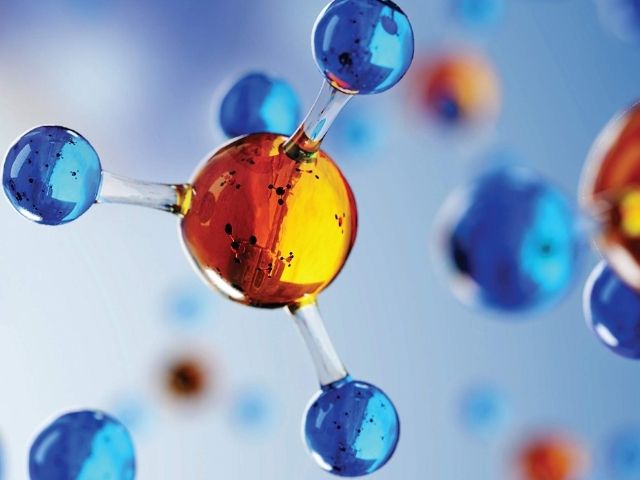
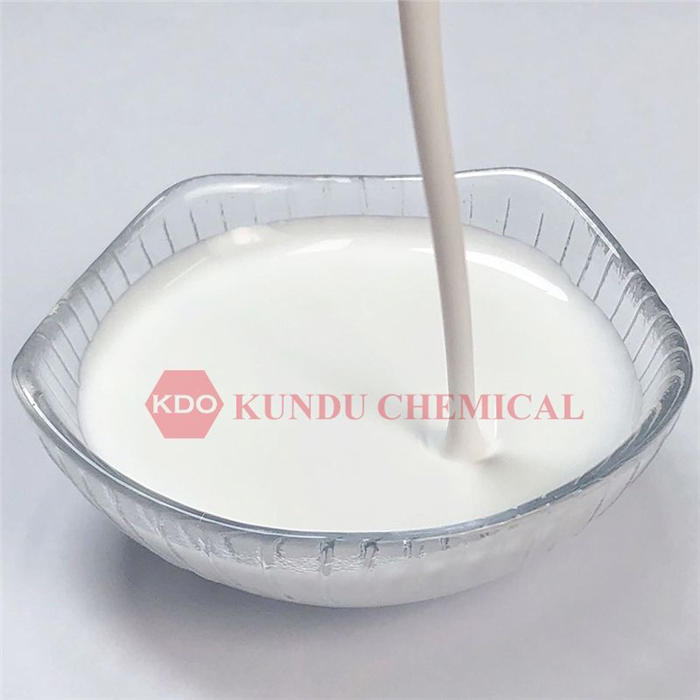
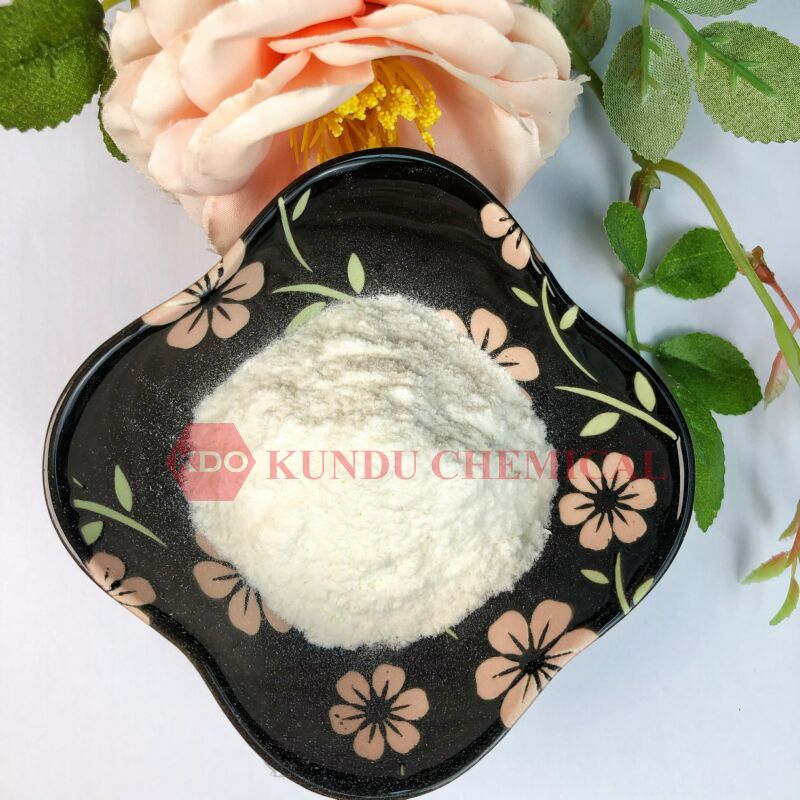
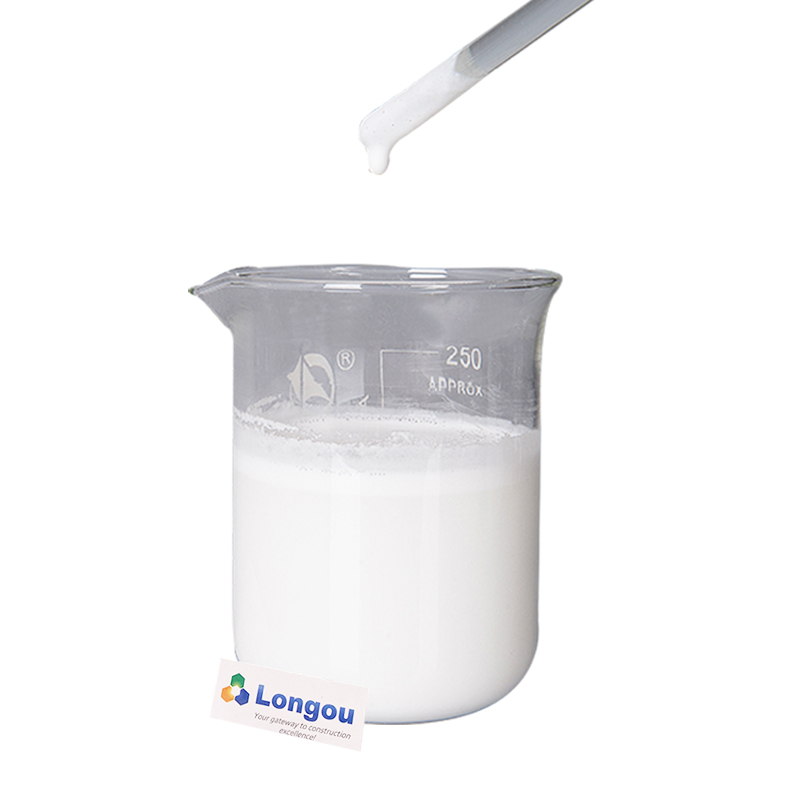
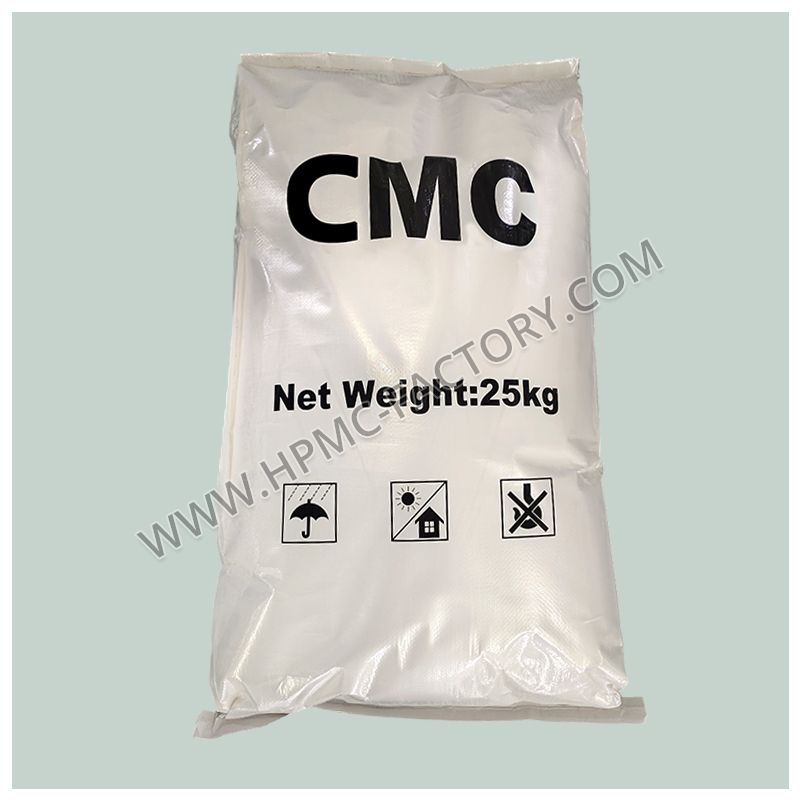
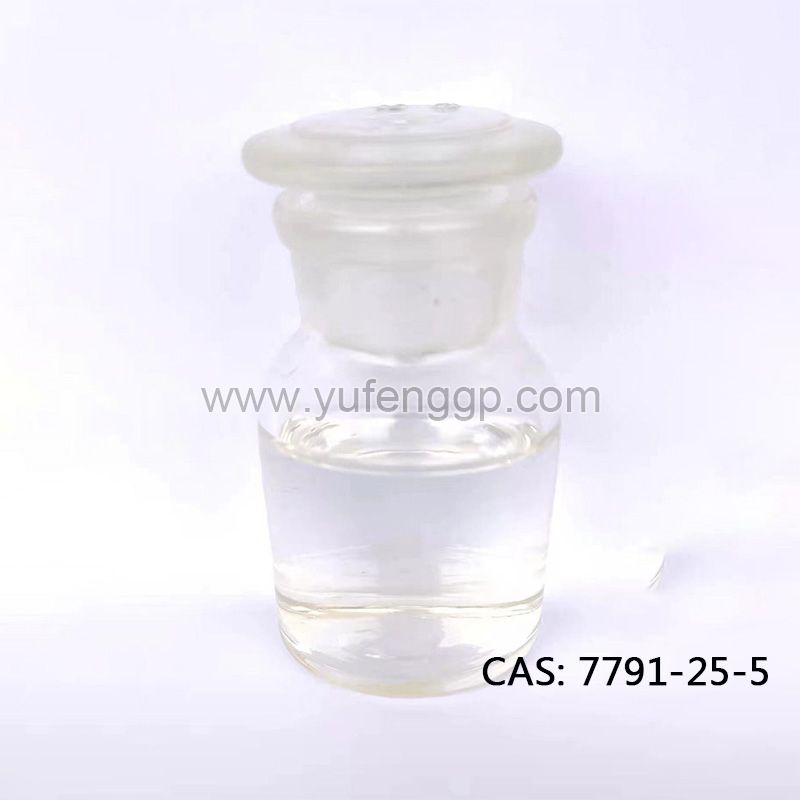
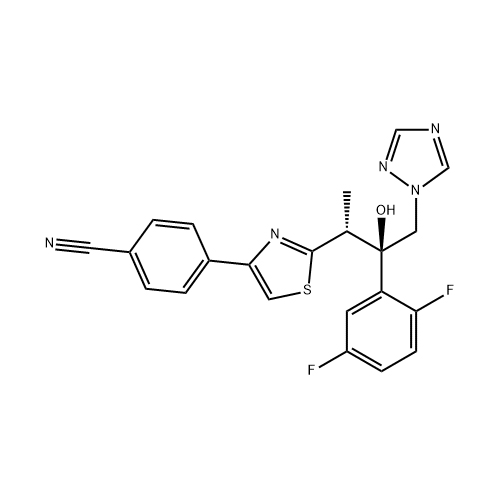

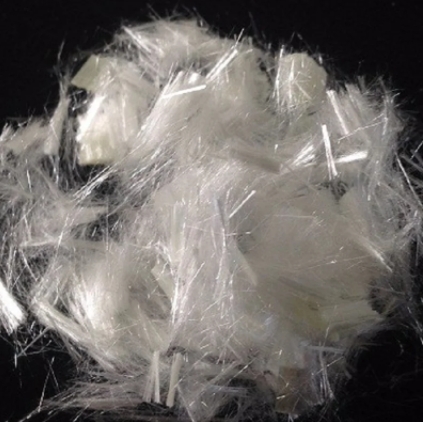

Comments